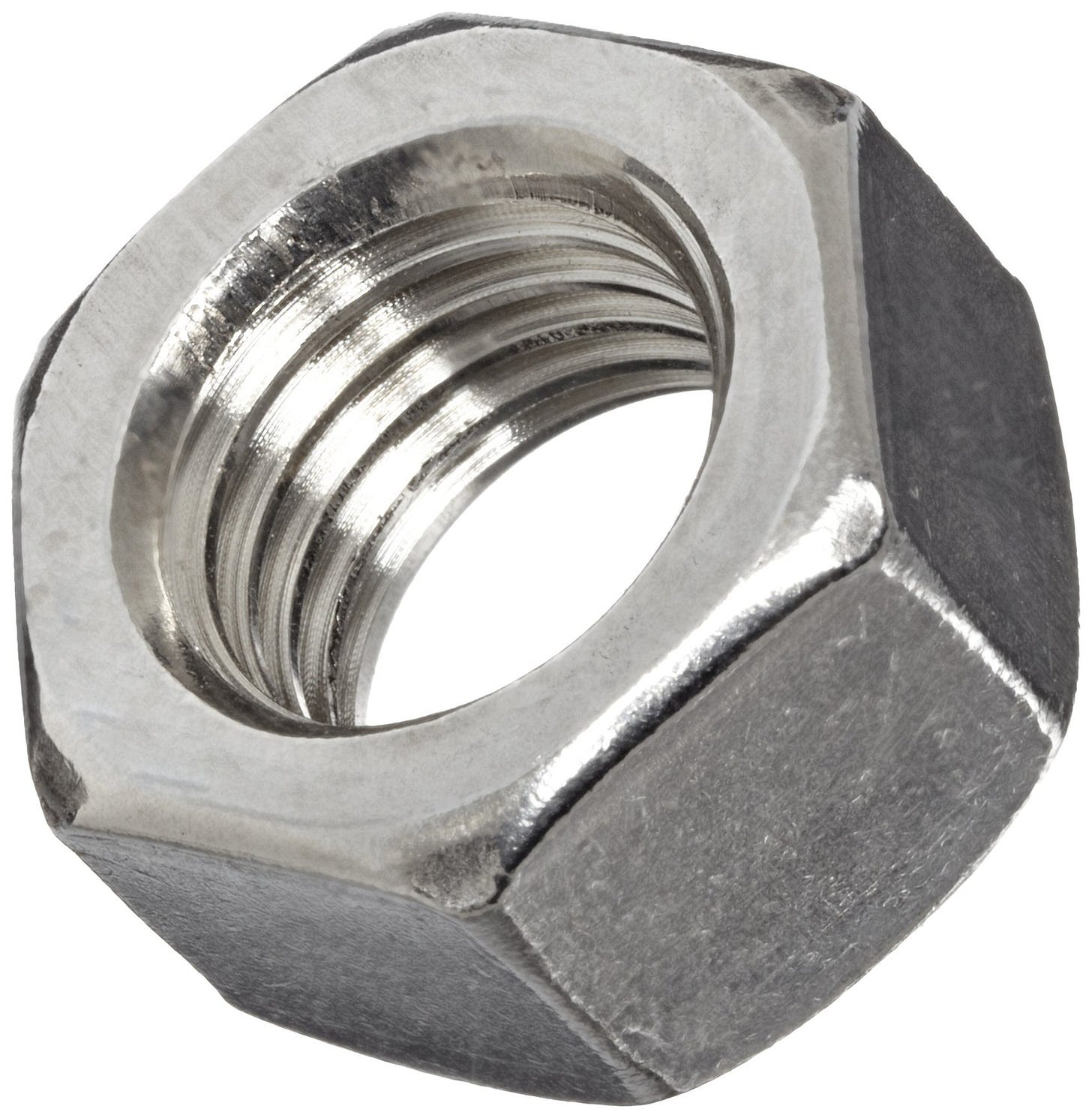How Many Holes Are There In A Straw?
A Quick Dialogue with Another Analytic Metaphysician Friend
I have a lot of philosophy PhD friends—It’s one of the perks of hosting a philosophy and theology podcast (it’s called Parker’s Pensées and you should listen to it here or on your favorite podcast platform).
From time to time I text, email or otherwise message then random pubic philosophy questions like could we be living in a computer simulation, is water wet or does it just make stuff wet, and how many holes does a straw have.
The last time I asked one of them a question, I liked the response so much that I wanted to share it with you all. He agreed. I posted it. Many of you loved it. You can read that one here:
Is Water Wet or Does It Just Make Things Wet? (Analytic Metaphysician Explains)
What is public-facing philosophy? It’s philosophy, done seriously, but expressed in a way that non-specialists—the public—can understand, and ideally, can benefit from. Additionally, I think public-facing philosophy should probably add…
So many of you loved it that I decided to keep doing that—with at least one more. I don’t know if I want to make it yet another series, Idk if I can keep that many threads going, but here’s at least one more philosophy professor answering a seemingly stoner question with deep metaphysical truths.
Enter Dr. Jared Oliphint, host of the Selling Plato Podcast:
Jared is a good dude and a good philosopher. Check out his stuff.
I’m going to link a bunch of resources throughout this post. If it’s underlined, then it’s a helpful resource link that you can click and go way deeper on. That’s mostly what this post is for. It’s yet another Trojan horse to lure you deeper into philosophy.
So with that in mind, don’t look the gift horse too deep in the mouth.
Here’s our quick insta message thread on the nature of straws.
Parker: Dude does a straw have 1 hole or 2? I remember way back when you were first starting your PhD you were reading something about the ontology of holes. You gotta know the true answer lol.
Jared: Ed Zalta talked about the SEP [Stanford Encyclopedia of Philosophy] entry for holes (I think by Varzi) when I had him on. It was actually used by politicians in the 2000 election with the holes and hanging chads debacle. Love that ontological question.
That story is beside the point, but I'm working on a big project that tries to get at that general question, among others: tell me the conditions for x and I'll tell you whether something fulfills them. Now, what makes p, q, and r (or whatever) in particular *the* mind-independent, non-arbitrary conditions for x? For many of those questions, that's where the action is, and I'm skeptical there are fully mind-independent conditions for many kinds. The question is, W/whose mind?
Parker: I just saw a funny clip from a podcast where they were debating the number of holes in a straw and one guy brought up a great counter arg against the guy who thought there were 2 holes: a metal nut.
It seems like the nut has just one hole, it's the hole where the screw goes. So why would elongating the nut suddenly create 2 holes? And the 2 hole proponent said "idk but it does at some point".
They were stumbling on a sorites point and vagueness issues. It was awesome.
[for the reader: a sorites point is like a tipping a point in a series. How many grains of sand until a heap of sand if formed? Mmmmm 93. 93 is the sorites point. I’m just throwing out that number, btw, it’s not 93. Maybe 94 though…
Here’s the intro to the SEP article on the sorites paradox:
“The sorites paradox originated in an ancient puzzle that appears to be generated by vague terms, viz., terms with unclear (“blurred” or “fuzzy”) boundaries of application. ‘Bald’, ‘heap’, ‘tall’, ‘old’, and ‘blue’ are prime examples of vague terms: no clear line divides people who are bald from people who are not, or blue objects from green (hence not blue), or old people from middle-aged (hence not old). Because the predicate ‘heap’ has unclear boundaries, it seems that no single grain of wheat can make the difference between a number of grains that does, and a number that does not, make a heap. Therefore, since one grain of wheat does not make a heap, it follows that two grains do not; and if two do not, then three do not; and so on. This reasoning leads to the absurd conclusion that no number of grains of wheat make a heap.” Stanford Encyclopedia of Philosophy entry on Sorites Paradox [read more here]
Now back to my conversation with Jared.]
Parker continued: I think you're probably right to ask for conditions. There are probably 2 notions of 'hole' being used and the unarticulated equivocation is what's causing the mystery. There's probably one notion of the 'surface hole' in which case there are two holes even on the nut, and the 'depth hole' in which case there is just one hole even in a straw that stretches all the way across the room (and drinks your milkshake).
Do you think there is a fact of the matter though? Do you think there's an actual fact of the matter to whether there are 1 or 2 holes in a straw? Or is it an epistemological vagueness kind of deal?
There may be no mind-independent conditions but God is or has a mind and His thoughts about it could serve as that objective human-mind-independent check. Does God think there are 1 or 2 holes in a straw 😅?
Jared Oliphint: Right, exactly, that was what I was confusingly indicating by the "W/whose". If there is something there to be known, God knows it, and that Mind grounds all facts. I wonder if God would rephrase the question in the first place, though.
For any number of something, the number of something depends on which kind you're talking about, and which kind you're talking about depends on the conditions for that kind. You would also run into Unger's problem of the many, wouldn't you?
How do you individuate just the one hole? Why aren't there even an infinite number of holes there on the one side of the straw and also on the other side? Vsauce has an awesome video, "Do Chairs Exist?" that I just linked in my newsletter on that. I want to read Thomasson's Ontology Made Easy because I'm probably sympathetic to her main object theory there, not sure. I feel that this is where philosophers get annoying, but I don't know another way to get at the puzzle.
Parker: Hahah I had that exact feeling! "Wait am I being way too pedantic here? No. No it's everyone else who's the problem!" I'm also reminded of Van Inwagen's no absolute counting stuff on the Trinity. Seems similar to the way you're thinking of God's thoughts on it. Depends on what we're counting there could be 1 or 2, an infinite number or no holes haha.
I also thought of the "Do Chairs Exist?" question but it seems like a hole may be different than an ordered aggregate like a table or chair, since it's like a lack of a thing (?). So maybe chairs are ordered aggregates or socially constructed 'objects' and 'chair' is like an impure abstractum or something, but a hole is something else, if that even makes sense since it may be a 'nothing'.
Okay, so how many holes does a straw have? It probably depends on what you mean by hole and whether or not you think straws actually exist haha. In the most commonsensical, gun-to-head kinda way, I’d say there is one hole in a straw because I’m thinking of the depth-hole and not the surface-hole. But holes and surfaces are strange things in ordered-agregates like tables, chairs, and straws.
What do you think?








One. I can look at the hole in a sweater from either side of a sweater. I can look through the hole of a straw from either side.
If the hole is really emptiness within a circle or cynlinder, then, a hole would be the absence of whatever should be in it.